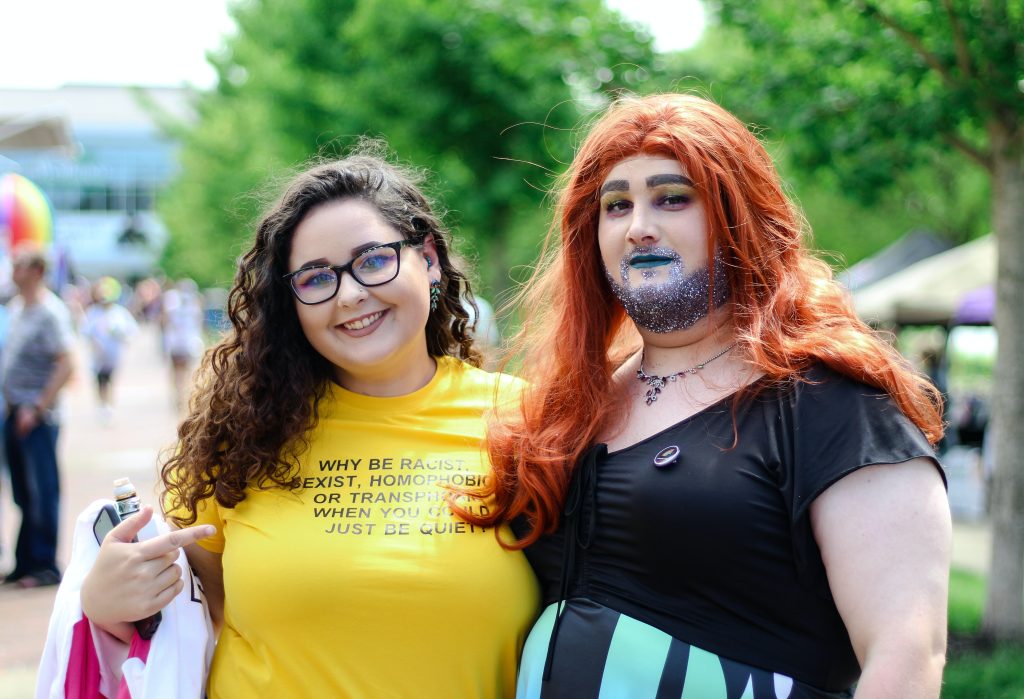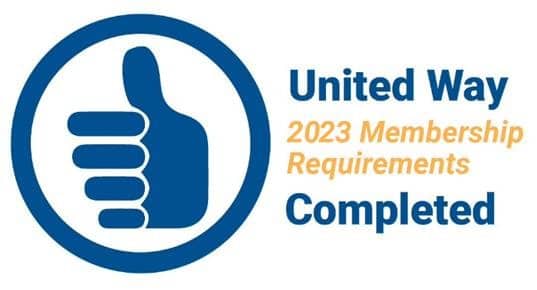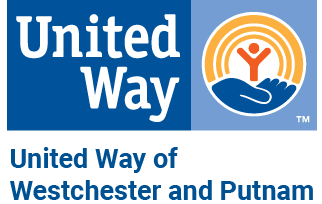LGBTQ+ 5-Day Challenge Day 5 - Allyship

There is no one right way to show allyship. The support an ally provides is a result of the actons of allyship. Allyship should be understood as a continual dedication to daily inclusive actions and behaviors, or a lifelong responsibility, instead of simply focusing on becoming an ally.
Some of the main allyship categories we will cover briefly are apathetic, aware, active, and advocate. Apathetic allyship is when an individual has little to no understanding of the issues. This can be due to a lack of exposure to those in the LGBTQ+ community and/or restrictive beliefs that prevent one from engaging in opportunities to learn more or connect with the LGBTQ+ community. Aware allyship involves some understanding and requires humility and intentionality to listen and learn. Active allyship takes perseverance to practice inclusion and take supportive actions more regularly. And advocate allyship requires the most dedication, as one is proactively taking steps to address inequity.
While the forms of allyship may appear to be on a continuum, not everyone will reach the point of activism, nor is that the only form of allyship that is most important. We all will always have more to learn, and we will inevitably make mistakes along our allyship journeys. As an ally, it’s important to understand where you fall in the spectrum and be dedicated to learning, growing, and improving.
Performative Allyship
Performative allyship is allyship done more to increase one’s social or physical capital rather than because of one’s devotion to a cause. It can come from even the most aware and seemingly considerate individuals. Acts of performative allyship come from egos, afterthoughts, personal gain, and alternative motivations. They usually lack substance and/or accompany double standards or contradictory actions that diminish the impact of the allyship shown.
Examples of this may include:
- A corporation selling rainbow products or making statements of inclusion for Pride month while not having policies that protect LGBTQ+ employees and/or donate to organizations that actively work against LGBTQ+ rights, opportunities, and well-being.
- This is a concept many have deemed “rainbow washing,” and is meant to explain those companies which make it about mutual gain instead of selfless, systemic steps towards addressing equity.
- An organization that includes pronouns in their email signatures but still refuses to add transgender, non-discrimination, and other protections to their policies.
- Sending out surveys to collect data on LGBTQ+ inclusion to appear open to feedback, but not making the effort to create substantial changes based on the findings.
- This can be intentional or unintentional. If you really want feedback and opinions on the needs/wants of the LGBTQ+ community, then following up is essential.
Allyship is selfless and does not always result in personal accolades, gain, or even “thank you’s.” If the goal of allyship is to seek recognition for being inclusive instead of doing the right thing for others because it matters for the community, acts of allyship tend to be minimally helpful and/or will likely be understood as performative.
What Can Affirming and Supportive Allyship Look Like?
It begins with humility and unselfish intentions. It is not about appearing to be an ally, but showing allyship because you understand the importance of it and believe in building an equitable world for all. Many of us have different levels of understanding.
There is no expectation that we are all at the same point of understanding. Many of us may be at different places in our lives and can’t show the same dedication to allyship. However, it is our hope that you ask yourself the following questions:
- Where in my LGBTQ+ allyship journey do I see myself aligning? (Apathetic, aware, active, advocate, performative)?
- Might I shift where I am at in the journey if someone close to me were to be LGBTQ+?
We have no way of knowing who all may be LGBTQ+ in our families or various communities, or when we may be confronted with anti-LGBTQ rhetoric, jokes, or bias. Allyship cannot operate on the basis of “I don’t think we have LGBTQ+ clients/visitors/community members/etc., so it may not be super important.” LGBTQ+ folks are everywhere and deserve equitable rights and access to opportunity if and when they show up in spaces.
Allyship for the LGBTQ+ community should not be limited to only some of the identities in the spectrum. If an individual is open to validating and supporting a lesbian individual but is not comfortable with working to educate themselves, and support trans or other identities in a similar way, it is harmful and contributes to issues of inequity.
Suggestions:
While legal progress has been made and media has begun including LGBTQ+ themes and identities, there still exists a culture of marginalization and measurable discrimination in various aspects of our society. What then can well-meaning folks do? What are some suggestions for embodying a lifestyle of allyship and respect toward folks of all gender identities and sexualities?
- We all fall somewhere on the spectrum of gender identity, gender expression, and sexuality. Shift your mindset away from what is “normal” toward what may be “more common.”
- Understand your own privileges as it relates to gender and sexuality.
- Allyship and meeting the needs of LGBTQ+ people goes beyond “being nice,” and may require learning what showing respect for the LGBTQ+ community specifically means.
- It is not as simple as treating others the way we want to be treated; it requires understanding the specific experiences and potential needs of others.
- Educate and embrace training/awareness-building opportunities.
- This includes for the self and others in all levels of power.
- What diversity/awareness training is required of staff?
- Consider spheres of influence and ways you can create change within them (activity included in the read/watch/listen section below.
- Challenge systems, laws, and policies that deny rights, oppress, or limit opportunity.
- If planning an event, are there gender-neutral or inclusive restroom options for all potential guests? If not, are you willing to choose a different venue or find a way to accommodate any/all potential guests?
- How may you create a more inclusive work environment, even if you perceive there isn’t an LGBTQ+ individual in your workspace?
- If there is a culture of homophobic jokes and sentiments in a social group or work environment, how can you address this in a positive way that helps everyone understand it is harmful?
- Speak up/out, but not over those in the community.
- Educate friends, kids, neighbors, colleagues, etc.
- Be willing to take feedback from LGBTQ+ folks on how you are helping and see value in it. While understanding that every individual might need different forms of allyship.
- Hold yourself accountable for continued humility, education, and actions of inclusion.
- Consider your biases and confront them regularly.
- Familiarize yourself with LGBTQ+ media, people, issues, and more.
Read
6 Ways to Respectfully Be a Better LGBTQ Ally, Oprah Daily (June 27, 2019). (7 minute read])
LGBTQ+ voices: Learning from lived experiences – Many of you work with or will work with LGBTQ+ individuals. Read this to learn more about common workplace issues.
Being an LGBTQ+ Ally – this resource guide, created by the Human Rights Campaign, is a great resource to reference.
Watch
5 Tips for Being an Ally (4 minutes)
PFLAG Proud Parent, OREO Cookie (October 9, 2020). (3 minute video)
Reflect
What is a point of privilege in your life? When thinking about your own advantages, does it cause feelings of guilt, anger, discomfort? How can you use your own privilege for good?
The Oprah Daily article advises that if an ally messes up, they should try to not indulge in their negative feelings (Get Comfortable with Being Uncomfortable section). What does it mean by that and what does it look like to over-indulge these feelings? Why should that overindulgence be avoided?
336 Central Park Avenue
White Plains, NY 10606
914.997.6700
Privacy Policy
Board Portal
Career Opportunities

